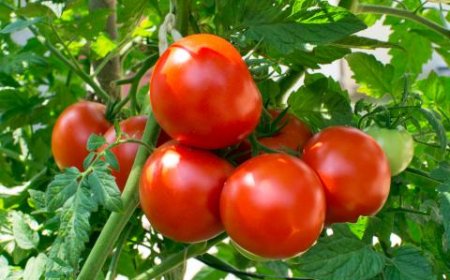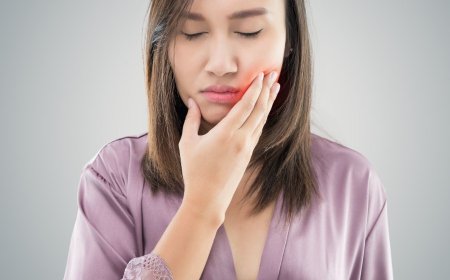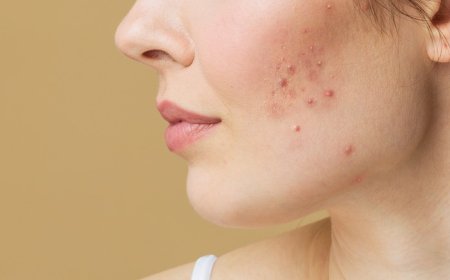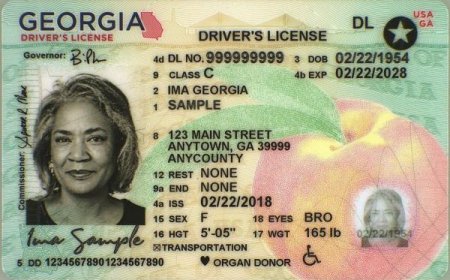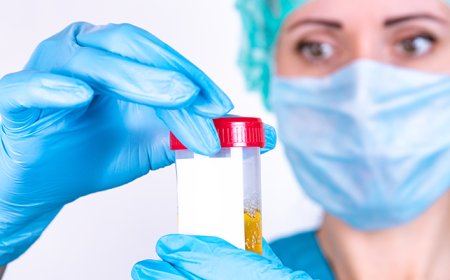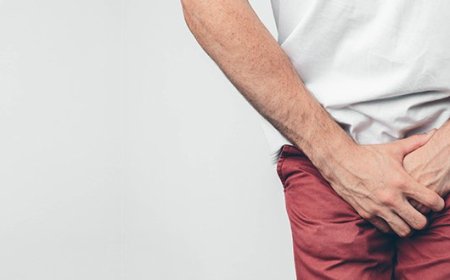Garden Remedies: Discovering the Healing Powers of Your Backyard
Discover the healing power of your garden with these natural remedies made from plants and herbs. Benefits of infusions, tinctures, salves, and more.
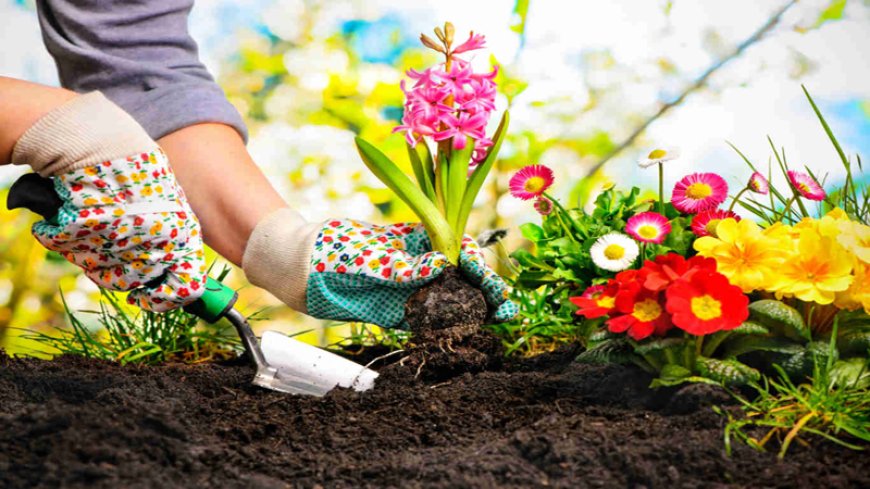
Garden Remedies: Discovering the Healing Powers of Your Backyard
Have you ever thought about the medicinal properties of your garden plants? Whether you have a small balcony garden or a large backyard oasis, there are a variety of herbs, flowers, and fruits that can be used to promote health and wellness. In this article, we'll explore the benefits of garden remedies and how to incorporate them into your daily routine.
For centuries, humans have been using plants to heal various ailments. Before the advent of modern medicine, garden remedies were the go-to source for treating a range of health issues. Even today, traditional remedies are still used by millions of people around the world. And the best part is, you don't have to look any further than your own backyard to find them.
What are garden remedies?
Garden remedies are natural remedies made from plants that can be found in your garden. These remedies can be used to treat a variety of ailments such as digestive issues, headaches, anxiety, and skin conditions. Unlike pharmaceutical drugs, garden remedies are free of harsh chemicals and typically have fewer side effects.
The benefits of using garden remedies
There are several benefits to using garden remedies. Firstly, they are cost-effective, as you can grow many of these plants yourself. Secondly, they are natural and typically have fewer side effects than pharmaceutical drugs. Thirdly, garden remedies are often more sustainable and eco-friendly than mass-produced medicines. Finally, making your own remedies can be a rewarding and empowering experience.
Popular garden remedies and their uses
Here are some of the most popular garden remedies and their uses:
Herbal Remedies For Health
Chamomile
Chamomile is a flowering plant that is commonly used for its calming and anti-inflammatory properties. It can be used to treat insomnia, anxiety, and digestive issues. Chamomile tea is a popular way to consume this herb.
Lavender
Lavender is another flowering plant that is well-known for its relaxing properties. It can be used to treat anxiety, insomnia, and headaches. Lavender oil can be added to baths or used in aromatherapy.
Echinacea
Echinacea is a herb that is commonly used to boost the immune system and fight off colds and flu. It can also be used to treat respiratory infections and skin conditions.
Rosemary
Rosemary is a fragrant herb that is often used in cooking. However, it also has medicinal properties and can be used to improve memory, alleviate headaches, and promote digestion.
Aloe vera
Aloe vera is a succulent plant that is commonly used to treat skin conditions such as burns and cuts. It can also be used to soothe sunburns and alleviate digestive issues.
Calendula
Calendula is a herb that is commonly used to help with skin irritations such as eczema, psoriasis, and acne. It is also used to soothe sore throats and reduce inflammation. Calendula can be applied topically as a cream or consumed as a tea.
How to make garden remedies
There are several ways to make garden remedies, including infusions and decoctions, tinctures, and salves and balms. Here is a brief overview of each method:
Infusions and decoctions
Infusions and decoctions are made by steeping herbs in hot water. Infusions are made from the leaves and flowers of plants, while decoctions are made from the roots and bark. These methods are often used to make teas.
Tinctures
Tinctures are made by soaking herbs in alcohol or vinegar for a period of time, typically a few weeks. The resulting liquid is then strained and stored in a dark bottle. Tinctures are a concentrated form of herbal medicine and can be taken orally or applied topically.
Salves and balms
Salves and balms are made by infusing herbs into a carrier oil such as olive oil or coconut oil. Beeswax is then added to the infused oil to create a solid balm. Salves and balms can be applied topically to treat skin conditions such as cuts, burns, and rashes.
Precautions when using garden remedies
While garden remedies can be effective, it's important to take certain precautions when using them. Firstly, not all plants are safe for consumption or use on the skin. Make sure you research the plants you plan to use before making any remedies. Secondly, if you have any underlying health conditions or are taking medication, it's important to consult with a healthcare professional before using any garden remedies. Finally, it's important to use caution when using essential oils, as they can be very potent and may cause skin irritation or allergic reactions.
Conclusion
In conclusion, garden remedies offer a natural and sustainable alternative to pharmaceutical drugs. Whether you're looking to treat a specific ailment or simply want to promote overall health and wellness, there are a variety of plants in your garden that can help. By taking the time to research and make your own remedies, you can take control of your health and well-being in a more natural and empowering way.
What's Your Reaction?













